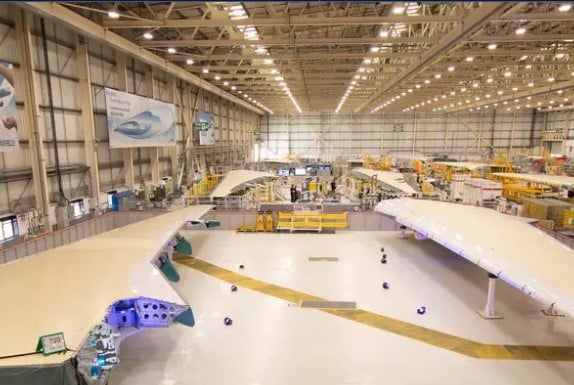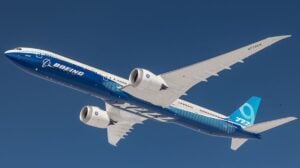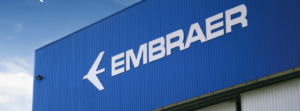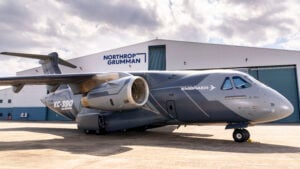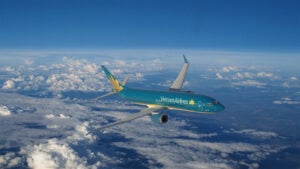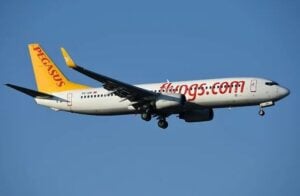Thousands of Airbus employees based in the UK are preparing to take part in strike action this September after rejecting a pay deal, according to The Guardian. The dispute, led by the union Unite, threatens to disrupt production at the company’s key factories in Broughton, north Wales, and Filton, near Bristol, where aircraft wings for both commercial and military planes are built.
Unite confirmed that its members will launch a series of two-day walkouts beginning on September 2, and continuing across the month. The union, which represents more than 3,000 Airbus fitters and engineers, reported that 90% of members supported industrial action after rejecting the company’s latest pay offer. With Airbus employing around 8,500 workers across the two sites, the strikes could force the manufacturer to pause or slow down operations.
The facilities at Broughton and Filton play a central role in Airbus’s global supply chain. They are responsible for producing wings for the A320, A330, and A350 passenger aircraft, alongside components for the A400M military transport plane. Unite has warned that the walkouts will disrupt wing production, create delivery delays, and add pressure to the supply chain.
Despite these concerns, Airbus has downplayed the potential impact. The company stated that it did not expect the strike to affect its year-end aircraft deliveries. Sue Partridge, Airbus UK’s country manager for commercial aircraft, defended the company’s position, saying: “We have made a competitive and fair pay offer in 2025 that builds on the strong foundations of pay increases totalling over 20% in the last three years and a £2,644 (US$3,067) bonus payment made in April this year. Our priority remains to find a resolution together with the trade union that ensures the long-term competitiveness and success of Airbus in the UK.”
Unite, however, insists that Airbus must return to the negotiating table with a proposal that reflects both inflationary pressures and the cost-of-living challenges faced by workers. The latest figures show UK inflation rose again in July, climbing to 3.8% amid surging costs for food and travel.
The outcome of the dispute could have significant implications not only for Airbus’s operations in the UK but also for its supply chain across Europe, particularly if the strikes extend beyond September.

